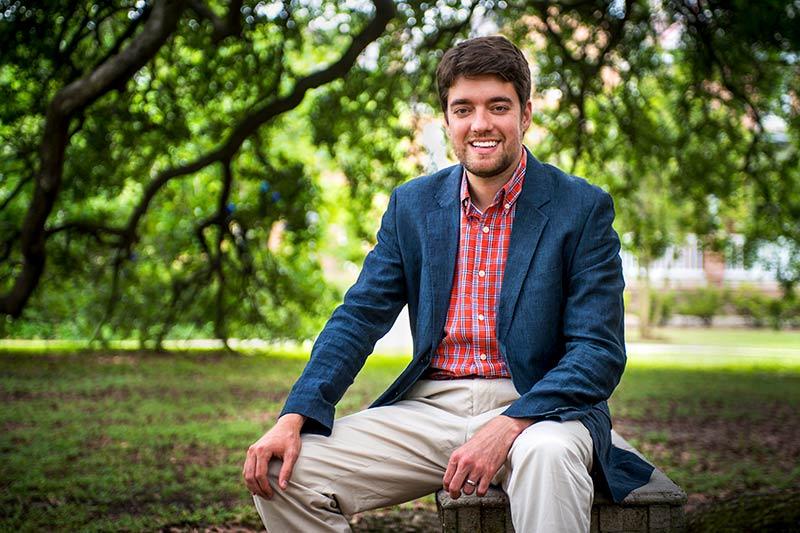National Science Foundation gives career boost to professors
Two professors in the Tulane School of Science and Engineering have won prestigious National Science Foundation (NSF) awards for young faculty members.
Matthew Escarra, an assistant professor of engineering physics, and Eliot Kapit, an assistant professor of physics, are two of approximately 500 recipients from across the country to receive the NSF Faculty Early Career Development (CAREER) award, which provides $520,000 over five years in support of early career research and education vision.
“This award will allow our group to pursue a new class of tunable nanophotonic materials and devices, with exciting potential applications, including faster telecommunication, higher-efficiency solar energy harvesting, improved biosensors, better smartphone cameras and increased building efficiency,” Escarra said.
The money will also be used to support Tulane’s growing materials engineering program and to start a new mentoring-focused summer research experience for middle school students.
“The goal is to broaden the participation of underrepresented groups in science by showing students early in their academic career the excitement of hands-on discovery,” he said.
Kapit’s work involves superconducting quantum devices, considered one of the most promising technologies for the future of computing. Among other things, he will propose and coordinate new designs, experiments and applications for these devices that expand the frontiers of quantum computing. Like Escarra, he will work in Tulane’s summer outreach program to help attract middle and high school students to careers in science.
Begun in 1995, the CAREER program provides promising junior faculty the opportunity to pursue outstanding research, excellence in teaching, and the integration of education and research. This year’s CAREER awards total about $229 million. The work of these faculty will cover fields ranging from smart materials and advanced robotics to secure communications and quantum computing.
Like this article? Keep reading: 2017 grad applies math to track Ebola outbreak

